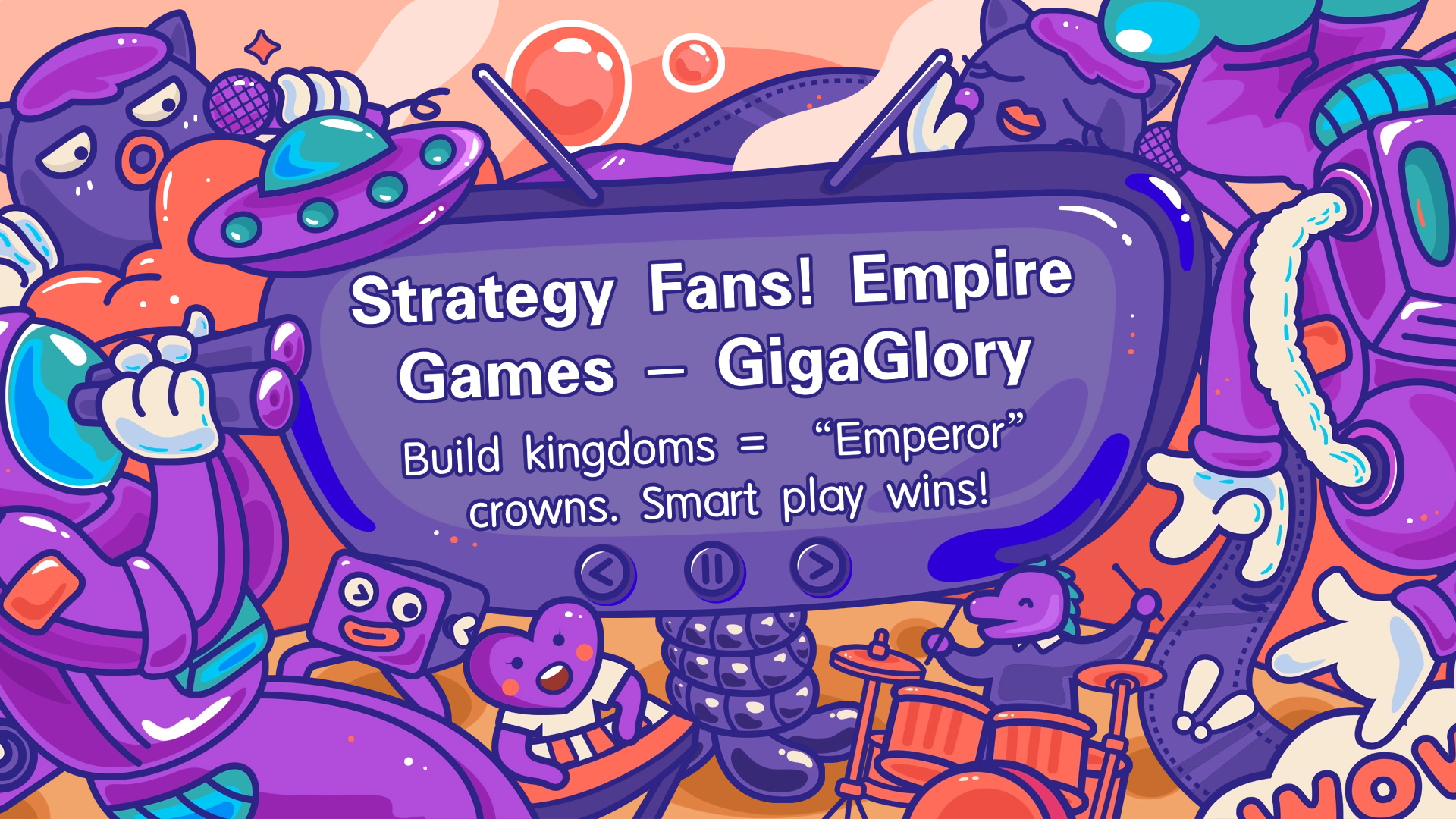Unlocking Learning: How Multiplayer Educational Games Enhance Student Engagement
In today’s fast-paced digital age, traditional educational methods often fall short in capturing the attention of students. The rise of multiplayer educational games is paving a new path, allowing learning to be both fun and engaging. By integrating gaming into academia, we unlock opportunities for deeper understanding and collaboration.
The Power of Multiplayer Learning
Multiplayer games encourage students to work together, solving problems, sharing knowledge, and competing in friendly ways. These games boost not just engagement but also social skills that are essential in today’s collaborative work environments. For instance, popular titles like Clash of Clans introduce elements of strategic thinking and planning while requiring teamwork for success.
| Game Title | Platform | Learning Focus |
|---|---|---|
| Clash of Clans | Android | Strategy and Planning |
| Mafia RPG Game | Web / Mobile | Critical Thinking and Social Dynamics |
| Prodigy Math | Web / Mobile | Math Skills |
Engagement through Competition
The natural competitive spirit in humans can be leveraged through multiplayer settings. When students are faced with challenges that require them to outperform their peers or collaborate against common foes, they often engage far more deeply compared to conventional methods. This competition can make learning objectives exciting rather than mundane.
Building Skills Beyond the Curriculum
- Teamwork: Encourages collaboration, teaching kids how to work effectively with others.
- Critical Thinking: Multiplayer scenarios often require problem-solving skills and innovation.
- Adaptability: Games challenge players to adapt to new strategies, fostering resilience.
- Communication: Multiplayer settings encourage players to communicate their ideas clearly and effectively.
Beyond the curriculum, the skills developed through these multiplayer games extend to students’ day-to-day lives and future careers. The ability to think critically and work in teams is instrumental across industries.
Challenges and Considerations
While the benefits are clear, it’s essential to address certain challenges associated with educational games. Not all games are created equal; educators must ensure that they are not just entertaining but also educationally valid. Selecting titles like the mafia RPG game can provide unique learning opportunities but also necessitate careful monitoring to maintain educational integrity.
Key considerations include:
- Ensuring inclusivity and accessibility in multi-player games.
- Balancing game time with traditional learning methods.
- Monitoring engagement levels to prevent distractions.
Conclusion
The integration of multiplayer educational games can significantly enhance student engagement, making learning a more interactive and enjoyable experience. By captivating students’ attention and fostering critical skills, educators can effectively prepare learners for an increasingly collaborative world. As we embrace these innovative methods, the potential to revolutionize education is within our grasp. Are we ready to unlock this new era of learning?



